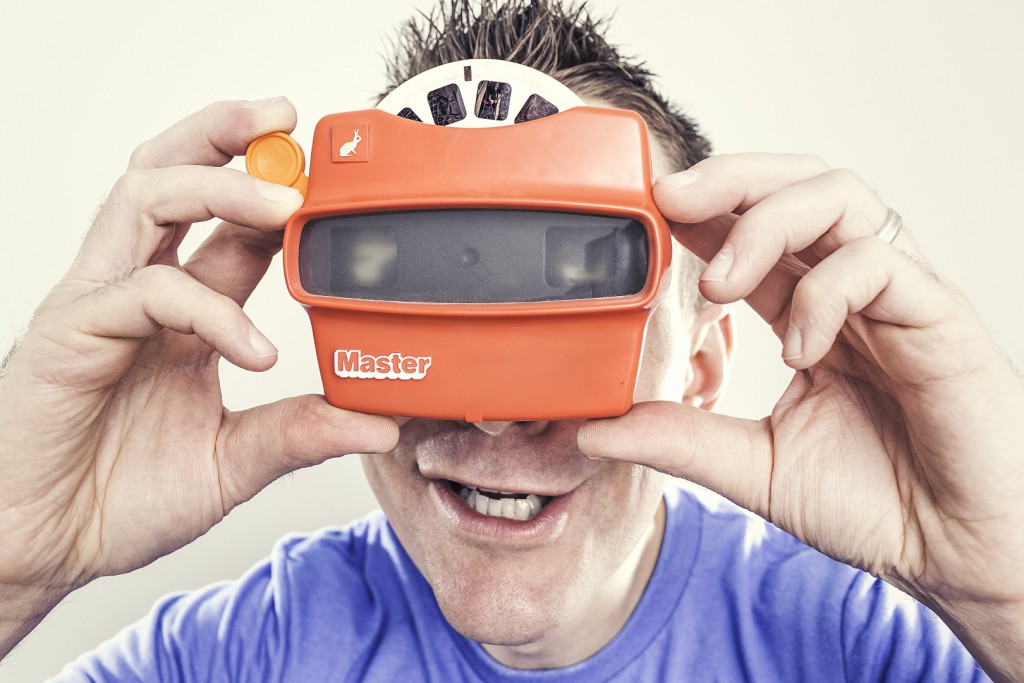
Photo source: Pixabay
It’s hard to believe, but the end of summer break approaches. The question is–do you view the prospect with delight or dread?
If you’re like most educators, the answer probably lies somewhere in between both extremes. But even the best back-to-school plan can use a few practical tips.
So, to help you get back in the game, here are 4 ways to boost your back-to-school mindset and keep your head in the game before the new school year even begins.

Photo source: Pixabay
It doesn’t take a psychoanalyst to recognize that feelings can–for good or ill–impact the success or downfall of back-to-school preparations.
How are you feeling at the prospect of another school year? For instance, if you still harbor resentment over something that happened last year, your perceptions can color what happens in future. And not necessarily in a good or productive way.
On the other hand, really identifying both your positive and negative feelings can help you move forward with confidence and optimism.
During this process, think back to times of highest stress in the past. How were you feeling–not just emotionally, but also physically–at that point? Were you always skipping meals or foregoing exercise?
As you recall your feelings from the past year, try to identify patterns and possible causes. These will help you during your planning for the year ahead.
HOT TIP: Take 15 minutes to identify your feelings about back to school–and write everything down. The more detailed you are, the more effective the rest of your preparations will be.

Photo source: Gratisography
By now, you’ve probably identified several areas that you’d like to address in the coming year.
It might be a classroom management issue. Maybe you are worried about technology in the classroom. Or, it could be a communication problem with a colleague or administrator.
Whatever it is, ask yourself: Is this a major issue or a minor one? How much will it impact what I do at school?
For example: let’s say you are tasked with implementing new software this year but your Internet bandwidth is still stuck in the Stone Age. That seems pretty major.
But now’s the perfect time to challenge your assumptions.
You may not be an IT expert–but you can find one. Even better? Talk to a knowledgeable customer care representative who knows the product you’ll be using. A good edtech company can suggest workaround options as well as supplemental offline ideas.
On the other hand, if you prefer a less structured approach to planning for the year, you could miss something important. Take your own style into consideration, but aim for a balanced view as you consider items for your list.
HOT TIP: Write down at least one possible antidote to each assumption or fear. Don’t forget to jot down names and contact information of would-be helpers!

Photo source: Pixabay
And now for the fun part: setting goals and making lesson plans!
Most educators love making back-to-school classroom goals. Based on past experience, how many of those are realistic and how many are a stretch?
Stretching is great, of course. But if your goals aren’t realistic, it’s harder to stay enthused. As you set goals for the year ahead, jot down some of the roadblocks you expect to face. Then, you’ll find it easier to go to plan B if plan A goes off track.
The same holds true for good lesson plans. How many times has a lesson plan gone awry despite your best intentions? Include a few contingencies so that if the discussion goes off the rails, you’re prepared in advance.
Or, if you never have enough time to cover certain topics, plan some quick filler activities that you can use during classroom transitions or at other times during the day.
Also–as important as your classroom goals are, don’t neglect personal goals and plans.
For instance, maybe last year you were always the last to leave school at the end of the day. Make a goal to leave early at least one day a week. And pencil in your dentist and doctor appointments so you know in advance when you’ll need a substitute.
HOT TIP: Try to limit your goals to a ‘top five’ or ‘top ten’ list. Realize that not every goal is a priority, even if it feels that way now.

Photo source: Pixabay
During back-to-school preparations, most educators focus on lesson plans, classroom layout, and motivational strategies.
However–important as those are–practical tasks shouldn’t overshadow physical and emotional preparation.
Case in point: why not practice going to bed a bit earlier than usual every night in the two weeks before school begins?
You also might focus on easier food prep routines that help you grab breakfast on your way out the door. Or, you might finally discover a 15-minute exercise routine that you can stick to.
What about all those back-to-school meetings and PD sessions? Are you using them to build strong connections with other educators? Strong ties offer not just practical classroom help; they can also forge friendships that can bolster you when you’re feeling stressed later on.
Also, in order to make your goals stick, practice is key.
Let’s say you’ve made a goal to walk more steps during the school day. Do you have a walking buddy? If not, arrange to check in virtually with a friend so you don’t lose your motivation.
HOT TIP: Pick out one task that helps you personally (e.g., going to bed earlier, connecting with colleagues, etc.) and practice that task or strategy in the weeks before school starts. It’s a great first step toward investing in your own well being.
What’s your favorite way to mentally prepare for back to school? Share your idea in the comments below.


